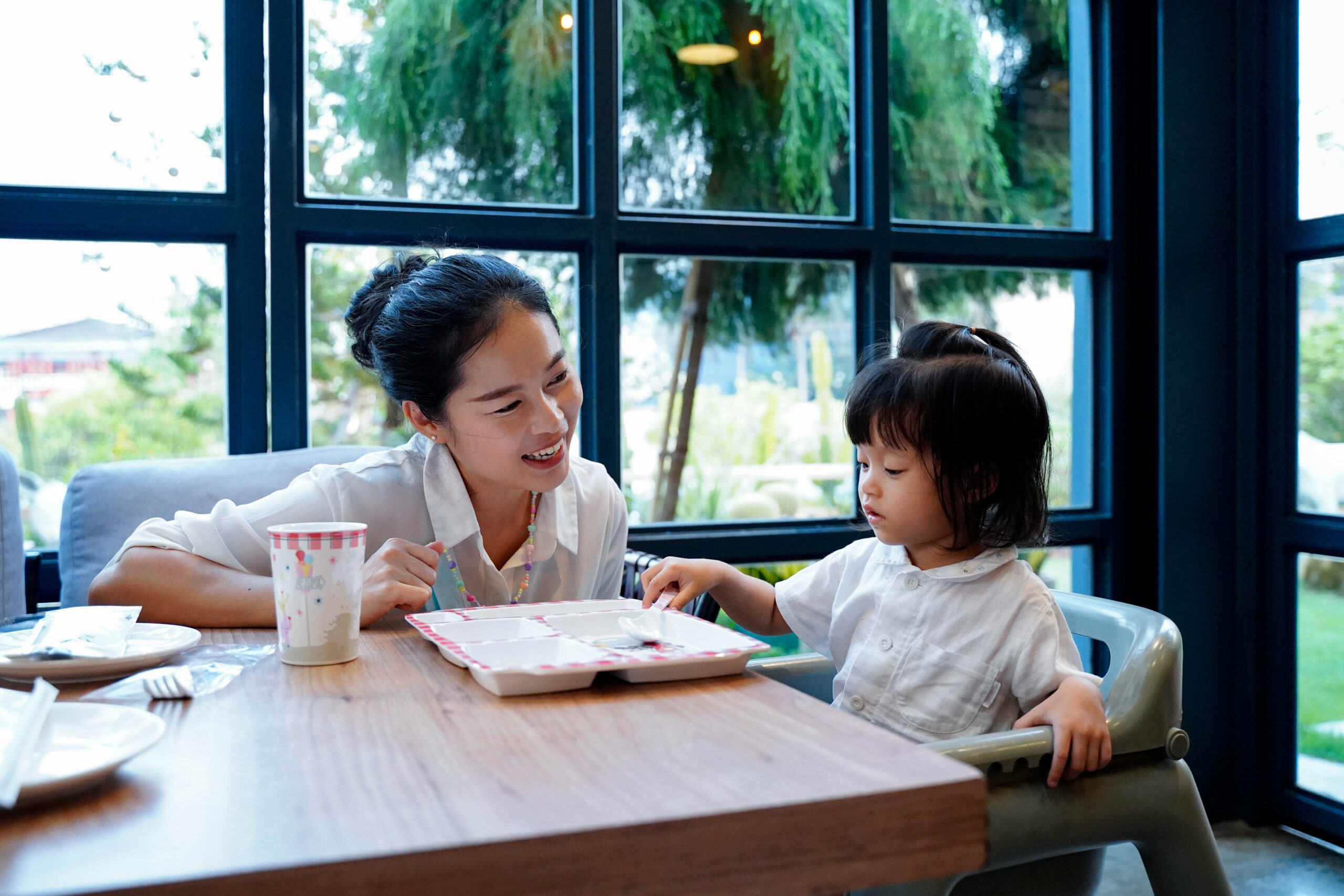
Recently, we went to a Chinese restaurant to celebrate my dad’s birthday. Whenever we go out to eat, my husband and I sit strategically so that our toddler son is sandwiched between us and my 5-year-old daughter sits on the other side of me. She’s a mommy’s girl, my little barnacle.
As the waiter comes, I get ready to order. I finish up and the waiter proceeds to ask us a bit about our family. He’s surprised that I can speak Cantonese since most Chinese Canadian families who come to this restaurant order in English. He’s curious whether our kids speak Cantonese, too, and I reassure him they do.
Then he decides to ask my daughter what her name is. She looks at him but she’s quiet. I can tell she’s not comfortable responding.
Then the waiter leans in and puts his face less than an inch away from hers and asks again in a joking tone: “Oh don’t be shy. Can you hear me? I just asked you what your name is. It’s OK. You can tell me.”
I immediately answered for her. He slowly moves away from my daughter and nods, “You have a nice name.”
Then he leaves. I wanted to yell at him, punch his face, push him away from my child. But I didn’t. I froze in my seat. I didn’t do anything.
Even though he wore a mask, it wasn’t about his lack of physical distancing that upset me. My daughter was visibly uncomfortable and instead of backing off, he thought it would be funny to invade her personal space, provoking her to respond.
During those 30 seconds of agony, my thoughts kept resisting my urge to speak up, justifying my silence.
I ran through every possible reaction the waiter might have had.
I didn’t want him to do anything to our order.
What if I said something and he was offended?
Would he spit in our food? Would he purposely delay our order? Omit something? Add something?
I didn’t want to embarrass my parents.
Although I rarely ate at this restaurant, my parents came here every week for dim sum. I was worried that the staff would treat my parents differently if I confronted the waiter.
Would he tell the other staff how rude I was to him? And every time my parents went, would they give them attitude or ignore them whenever they needed something for the table?
We were hungry and I didn’t want to be the reason we needed to leave.
If I confronted him, would that lead to a discussion? Would the manager need to be called? Would I have to threaten to leave? Am I being the difficult mom who was overreacting by pulling a “Karen”?
How long of a process would that entail? I didn’t want to risk leaving and having to find another restaurant in the area. We had a busy day before arriving. Everyone there was hungry and ready to eat.
But none of that overthinking and justification mattered because I didn’t try to protect my child. I just let it happen.
One of the things I empower my kids to do is to stand up whenever they feel uncomfortable, unsafe, or if something isn’t right.
For instance, if another kid is being too rough on the playground or being mean to them or their friends, I teach them to say, “Stop it! No, I don’t like what you’re doing.”
I encourage them to leave the situation or to find new friends to play with if they still feel uncomfortable
But I didn’t lead by example that day. I didn’t advocate for my child and I regret this decision every day since.
I try to make the right parenting choices most of the time. And of course, there are times where I get it wrong. But this regret isn’t a reflection of who I am as a mother. It’s my desire to learn from the experience and practice compassion that demonstrates how deeply I care for my children.
Now, no matter who, what, where, or when, I remind myself to trust my instincts and say something when my child struggles to find their voice. I hope my story inspires you to find yours, too.




